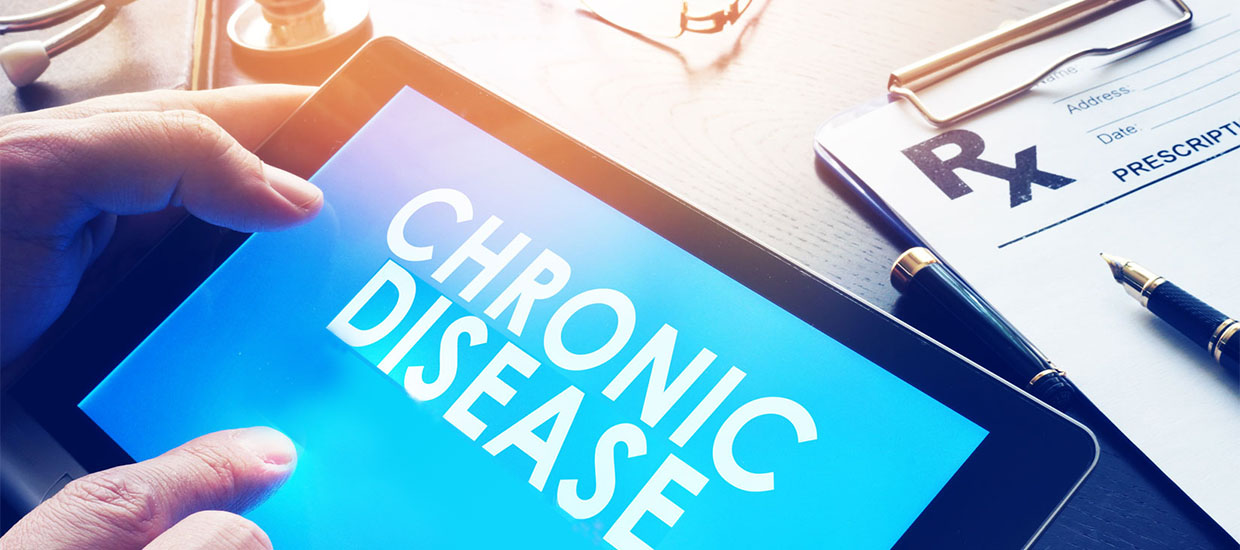Chronic diseases, such as heart and lung disease, stroke, cancer, neurodegenerative disease, and diabetes, are long-term conditions that progress slowly and often lead to lasting health complications, reduced quality of life, and increased mortality. About 90% of the annual health care expenditure in the United States is attributed to managing and treating chronic diseases and mental health conditions, such as depression. In general, chronic disease results in reduced physical and mental ability, but also takes an emotional toll due to associated depression and social isolation. There is a genetic component to many chronic diseases, and these diseases have common risk factors such as age, high blood pressure, smoking, obesity, poor diet, and exposure to environmental stressors like pollution. Chronic disease also disproportionately affects underserved populations. One of the goals of the Glassell Family Center for Marine Biomedicine is to come up with novel preventive measures and/or treatments for the most common chronic diseases that are found in the United States:
Heart disease, which includes coronary artery disease, heart failure, arrhythmias, and heart valve issues, is the leading cause of death in the United States. Heart disease can cause shortness of breath and decreased physical capacity and result in heart attack, stroke, and sudden death.
Lung disease, including chronic obstructive pulmonary disease (COPD), asthma, and pulmonary fibrosis, results in difficulties breathing, coughing, fatigue, and increased risk of respiratory infection. They result in a progressive decrease in blood oxygen levels, which can lead to disability and premature death.
Stroke occurs when blood flow to the brain is interrupted or reduced, depriving brain tissue of oxygen and nutrients. Stroke can cause paralysis, speech difficulties, cognitive impairments, depression and emotional instability, a reduced quality of life and an increased mortality. Early recognition is extremely important in avoiding severe disability - remember FAST (Face drooping, Arm weakness, Speech difficulty, Time to call 911).
Cancer can be found in different organs throughout the body. It can cause pain, fatigue, significant weight loss and muscle wasting, and mortality. While the prognosis for some types of cancer is good if caught early, the side effects to treatment (chemotherapy, radiation) can be severe and debilitating.
Neurodegenerative diseases like Alzheimer’s disease, Parkinson’s disease, and amyotrophic lateral sclerosis (ALS), result in the progressive loss of memory, motor control, cognition, and independence. They are a major cause of disability in aging populations, with a substantial burden on caregivers and the healthcare system.
Diabetes (Type-2) occurs when cells no longer respond to insulin, or when the pancreas can no longer make enough insulin, resulting in high blood sugar. It is more common in older adults. This condition can lead to kidney disease, blindness, nerve damage, and heart disease. It increases vulnerability to infections and poor wound healing.





